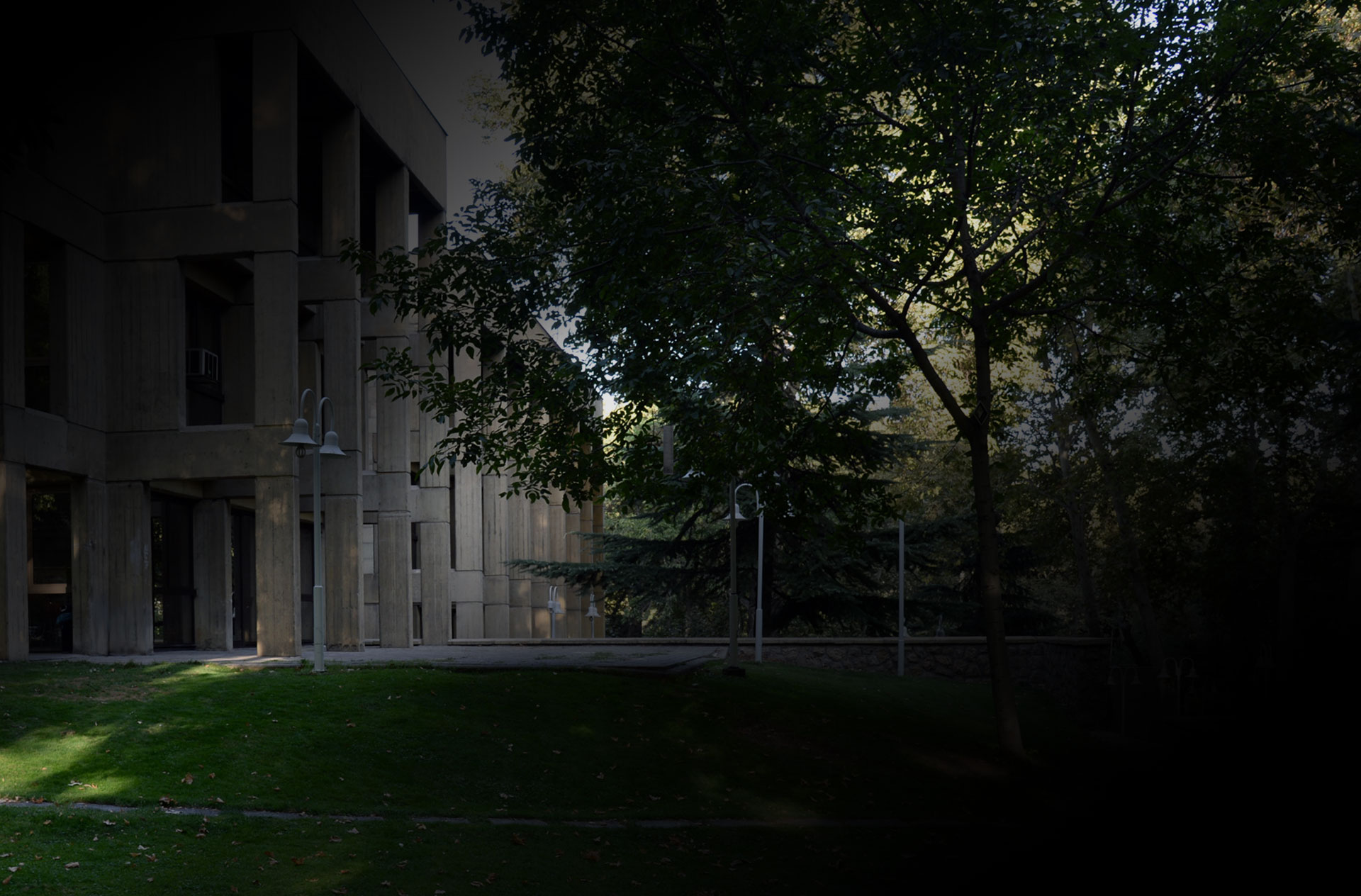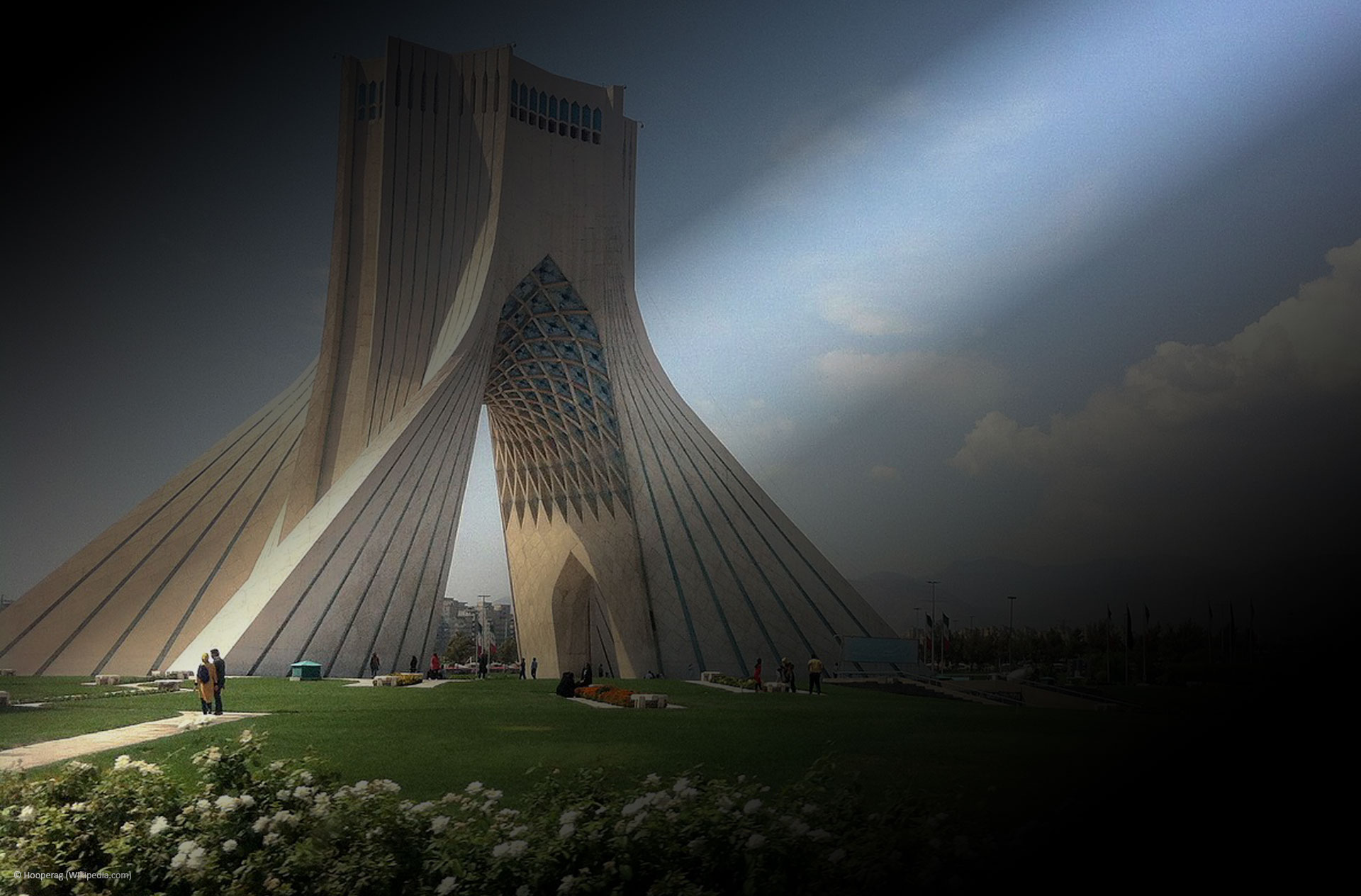Workshop (January 13 - 14, 2020)
All commutative algebraists are welcome to participate in this event. Please note that attending in the workshop is free of charge and there is no need for registration.
Hamid Hassanzadeh
(Federal University of Rio de Janeiro, Brazil)
The Buchsbaum-Eisenbud Family of Complexes
Abstract: The Koszul complex is one of the most fundamental objects in commutative algebra, historically and technically. The complex generalized to Eagon-Northcott complex to provide a resolution for determinantal ideals and to Buchsbaum-Rim complex to provide a resolution for any module. Both of these generalizations were unified by Buchasbaum and Eisenbud to construct what we know as the Buchsbaum-Eisenbud family of complexes. In this talk, after introducing this family, we show that indeed the Buchsbaum-Eisenbud family of complexes can be constructed as graded strands of a Koszul-Cech spectral sequence. The new construction helps to understand the family better. One of the applications of this result is in the determination of the generators of the residual intersection. A topic which I will expand in my next talk in the seminar.
Doan Trung Cuong
(Institute of Mathematics, Hanoi, Vietnam)
Talk 1: On the Maximal Dimension of Formal Fibers of a Local Ring
Talk 2: On Local Rings with Zero-dimensional Formal Fibers
Talk 3: On Singularities of Formal Fibers of a Local Ring
Abstract: Abstract of Talk 1: In this talk we will discuss some bounds for the maximal dimension of formal fibers of a Noetherian local ring. We will first review the works of Matsumura, Rotthaus and others. Then we present some recent results obtained by ourselves.
Abstract of Talk 2: I would like to focus on Noetherian local rings whose formal fibers are of zero-dimensional. Some characterizations of these rings are discussed. Using these characterization, we show that certain local rings of a one-dimensional scheme over a one-dimensional complete local ring have all formal fibers of zero-dimensional. Then we present an application of this result to the theory of quadratic forms.
Abstract of Talk 3: Relations between singularities of the formal fibers of a local ring and of the ring itself was discovered by Grothendieck and played an important role in the theory of excellent rings. In this talk, I will discuss relations between the Cohen-Macaulayness of the formal fibers of a finitely generated module $M$ over a Noetherian local ring with the existence of a Cohen-Macaulay Rees module of $M$.
Nguyen Tu Cuong
(Institute of Mathematics, Hanoi, Vietnam)
The p-standard System of Parameters in a Local Ring and its Applications
Abstract: The notion of systems of parameters in a local ring was first introduced by the author [1] in order to study the problem of Macaulayfication posed by G. Faltings. We proved in [2] that the existence of a p-standard system of parameters for a local ring R is equivalent to R is a quotient of a Cohen-Macaulay local ring. Therefore, the p-standard system of parameters is an useful for studying the structure of finitely generated R-modules provided R is a quotient of a Cohen-Macaulay local ring. Next, we present in this talk a short survey on applications of p-standard systems of parameters to solving problems:
- The existence of a Macaulayfication of a local ring which is a quotient of a Cohen-Macaulay ring [2].
- The stability of index of reducibility of parameter ideals [3].
- To define a new extended degree in the sense of W. Vasconselos called the unmixed degree for a finitely generated module [4].
References:
[1] N.T. Cuong, p-standard systems of parameters and p-standard ideals in local rings, Acta Mathematica Vietnamica Vol. 20 (1995), 145-161.
[2] N.T. Cuong and D.T. Cuong, Local cohomology annihilators and Macaulayfication,, Acta Mathematica Vietnamica Vol. 42 (2017), 37-60.
[3] N.T. Cuong and P.H. Quy, On the index of reducibility of parameter ideals: the stable and limit values, To appear in Acta Mathematica Vietnamica Vol. 45 (2020).
[4] N.T. Cuong and P.H. Quy, On the structure of finitely generated modules over quotients of Cohen-Macaulay local rings. Preprint arXiv:1612.07638.
Sverre Olaf Smalo
(Norwegian University of Science and Technology, Norway)
Three Natural Partial Orders on the Set of Isomorphism Classes of Finite Length Modules (4 talks)
Abstract: The purpose of these talks is to give a fast introduction to some problems of homological and geometrical nature related to finite dimensional representations of finitely generated, and especially, finite dimensional associative algebras over a field. Some of these results can also be extended to the situation where the field is not algebraically closed, and some of the results can even be extended to the situation where one is considering algebras over a commutative artin ring. For the results which hold true in the most general situation the proofs become most elegant since they depend on using length arguments only, and thereby forgetting about the nature of a field altogether.



